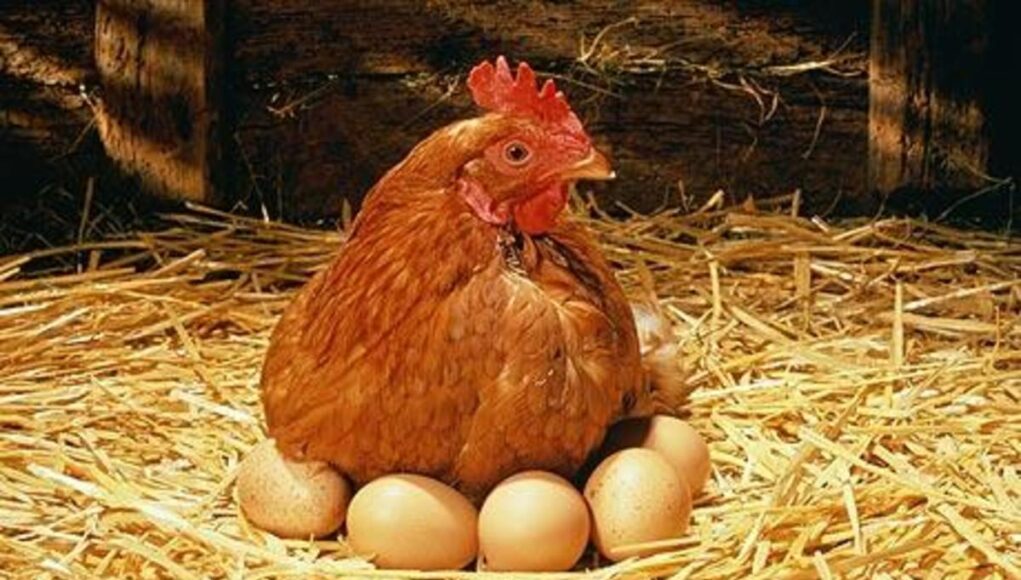Identifying which of your hens is actively contributing to your egg collection can sometimes be a challenging task. For dedicated chicken enthusiasts and hobbyists alike, knowing how to tell which hen is laying can provide important insights into your flock’s productivity and health. This guide delves into understanding your hens behaviors, physiology, and offers practical tips to make this assessment easier and more accurate.

Understanding the Importance of Egg-Laying Identification
Knowing how to assess which hen is laying is important for monitoring poultry health, managing nutrition, and optimizing egg production. It helps in determining the production levels of individual birds, identifies any health issues, and aids in making informed decisions on managing your flock.
Importance for Nutrition Management
When you can identify your laying hens, you can better manage their diet. Different nutritional needs can make a big difference in egg quality and quantity. A targeted feeding strategy can significantly improve laying performance. For more details on nutrition management, check out the benefits of farm-fresh eggs.
Behavioral Indicators That a Hen is Laying
Increased Activity and Energy Levels
Laying hens often exhibit heightened energy levels and are generally more active. This can be one of the first noticeable signs that a hen is laying eggs regularly.
Nest Box Habits
Frequent visits to the nest box are a strong indication of a hen’s lay status. Observing which hens regularly occupy the nesting area can be enlightening in understanding their laying patterns.
Physical Characteristics of Laying Hens
Comb and Wattles
The size and color of a hens comb and wattles can indicate her laying status. Generally, a bright red comb and wattle signify a healthy and active laying hen.
Spacing of Pubic Bones
Experienced poultry keepers often check the spacing of a hen’s pubic bones. A greater distance indicates the hen is likely laying. However, this technique should be carried out delicately to avoid harming the bird.
Practical Methods for Identifying Laying Hens
Electronic Laying Nest Recording
Electronic identification systems can automatically record when hens enter and exit laying nests, providing precise laying activity data. Though initially costly, these systems offer high accuracy and labor efficiency.
Physical Marking and Observation
Some keepers opt to use food-safe dyes or a simple marking system to track which hens are laying. Regular observation coupled with this method can effectively identify your active layers.
Impact of Hen Breed on Egg Laying
Different chicken breeds have different laying patterns and productivity levels. Understanding your flock’s breed characteristics is crucial. Explore the Hybrid vs Heritage Layers to understand how the breed could affect laying behavior.
Common Problems Affecting Egg Laying
Health Issues
Health concerns such as parasites, infections, or nutritional deficiencies can hinder egg production. Regular health check-ups and prompt intervention can prevent production drops. If you’re facing issues like sudden stops in egg laying, consider consulting resources like Chicken Stopped Laying Eggs.
Environmental Stressors
Changes in environment, predation threats, and poorly managed barn conditions can stress hens, negatively affecting their egg-laying abilities. Maintaining a calm and stable environment promotes productivity.
Conclusion
Accurately assessing which hen is laying requires a combination of observation, understanding of behaviors, and sometimes technological assistance. By using diverse methods, poultry enthusiasts can improve their flock management, ensuring both hens and humans reap the benefits of a well-managed egg production system.

FAQs
Why is my hen not laying eggs?
Hens may stop laying due to stress, age, health issues, or nutrient deficiencies. Reviewing their environment and diet can help resolve these issues.
Can all hen breeds lay eggs regularly?
While most hens lay eggs, some breeds are more prolific than others. Research your breed to set realistic expectations. The best laying hens for beginners can be a good resource to understand more.
How often do laying hens need supplements?
Supplementation depends on their feed quality and workload. It’s recommended to consult a vet for an ideal feeding plan for individual birds.
This article contains affiliate links. We may earn a commission at no extra cost to you.










